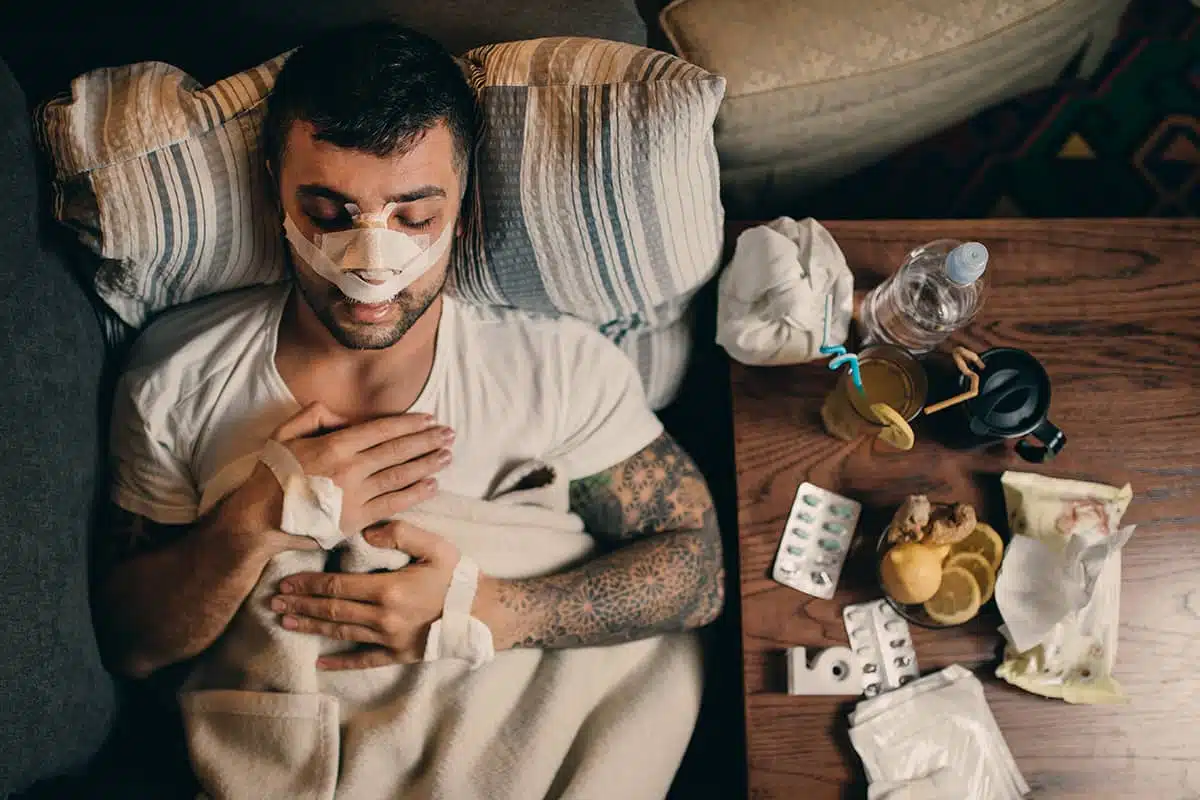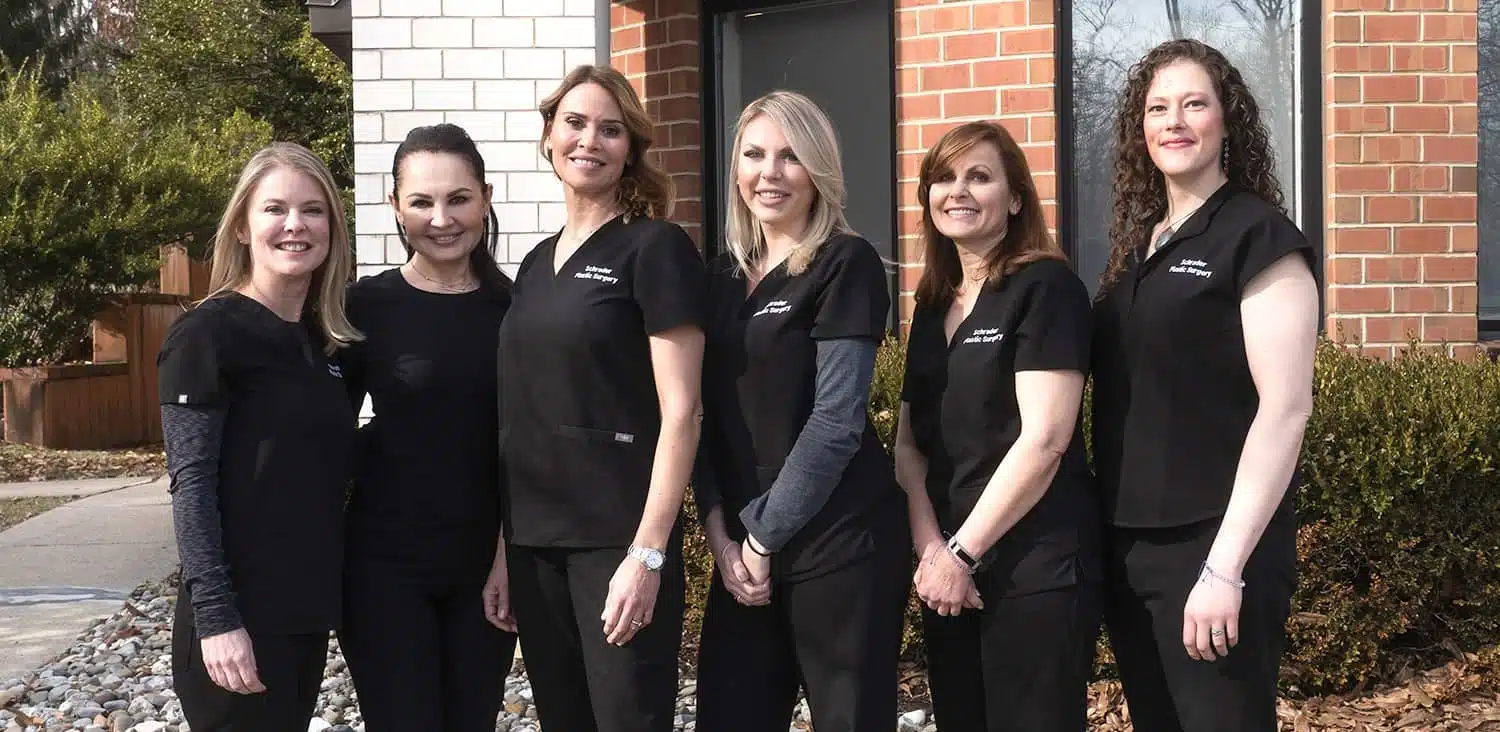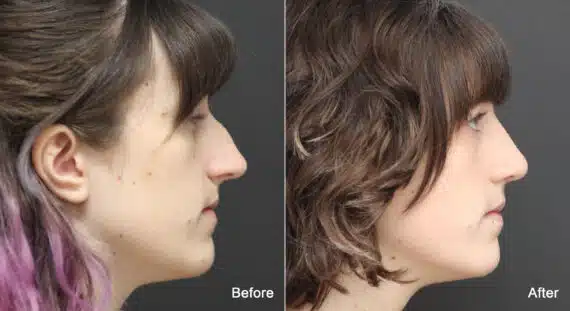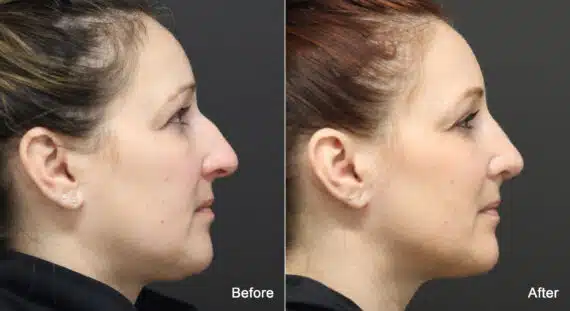Have you ever wondered what the healing process looks like after a rhinoplasty procedure? Nose reshaping is one of the most transformative surgeries available, but many patients feel unsure about what to expect after leaving the operating room. Recovery is just as important as the surgery itself for achieving the best outcome.
The rhinoplasty recovery process may feel like a journey, but with the right guidance, it can be smooth and manageable. Understanding each stage of recovery gives you peace of mind and helps you prepare for the changes along the way. Let’s explore what you should know to make the most of your rhinoplasty experience.

How Long Does Rhinoplasty Take to Heal?
The rhinoplasty recovery process varies from patient to patient, but general guidelines can help you know what to expect. Most people feel well enough to return to work and normal social activities within one to two weeks after surgery. Swelling and bruising begin to subside around this time, allowing you to feel more comfortable in daily life.
However, the healing process continues long after the first few weeks after surgery. While you may look and feel better within a couple of weeks, subtle swelling can take months to resolve. The final results of your nose reshaping are typically revealed about a year after surgery, when all residual swelling has gone down and the nose has fully settled into its new shape.
What Should I Expect In My Rhinoplasty Recovery Timeline?
During the first few days of rhinoplasty recovery time, patients can expect the most discomfort, with swelling, congestion, and bruising being the most noticeable. A nasal splint is usually placed to protect the new structure of the nose, and it is typically removed 7 to 10 days after surgery. This is also the stage where rest and careful post-operative care are most important.
In the following weeks after surgery, most patients notice a significant reduction in swelling and feel ready to return to their normal activities. While you may feel more comfortable by the two-week mark, some subtle swelling can persist, especially at the tip of the nose. These small changes are part of the gradual healing process and should not be a cause for concern.
Over the next few months, your nose will continue to refine as the tissues settle into place. By six months, most of the swelling is gone, and patients begin to see a clearer version of their results. However, it generally takes about a full year after surgery for the final nose shape to fully emerge. Each milestone brings you closer to the natural, long-lasting results you hoped for.


Trust your face to a specialist
My Goal is to create Harmony, Balance & true Beauty
What to Do After a Nose Job: Instructions for a Smooth Recovery
Every patient’s recovery journey is unique, but following specific instructions and steps can make a huge difference. Knowing what to do in the days and weeks after your procedure not only minimizes discomfort but also supports a smooth recovery process. These practical tips will help you care for your nose and body as you heal.
1. Apply Cold Compresses
Using cold compresses during the first few days can significantly reduce swelling and discomfort. Apply them gently around the nose and eyes without putting direct pressure on the incisions. This not only eases bruising but also protects the surgical site as it begins to heal. Consistency in this simple step can make the recovery more comfortable.
2. Get Plenty of Rest
Quality sleep is essential for proper healing after rhinoplasty. Your body needs extra energy to repair itself, and rest provides the foundation for recovery. Be sure to avoid vigorous exercise during this stage, as it can increase swelling and strain. Making rest a priority helps your nose and overall health recover more effectively.
3. Take a Walk From Time to Time
Light activity, such as short walks, can help improve circulation and reduce the risk of blood clots after surgery. Gentle movement also supports your body’s overall healing while preventing stiffness from too much rest. Keep your walks slow and controlled, avoiding any strenuous activity until your surgeon clears you. Small, consistent steps can make your recovery feel smoother.
4. Maintain a Healthy Diet
The right diet plays a big role in how your body heals after surgery. Eating nutrient-rich foods and drinking plenty of water can support tissue repair and reduce swelling. A balanced approach to meals helps your immune system stay strong, promoting a speedy recovery. Prioritize whole foods, lean proteins, and fresh produce to give your body the fuel it needs.
5. Attend All Post-Op Appointments
Attending your scheduled follow-up visits is critical for monitoring your progress and ensuring the best outcome. These appointments allow your surgeon to check on healing, adjust care if needed, and provide additional post-operative instructions. Staying consistent with these visits gives you peace of mind and helps prevent complications, guiding you toward a smoother recovery.
6. Keep Your Head Up and Swelling Down
Keeping your head elevated, especially while resting or sleeping, helps reduce swelling and speeds up healing. Using extra pillows or a recliner can prevent excess fluid from accumulating around the nose. This simple position makes breathing easier, decreases discomfort, and supports better overall results during the recovery period.
Rhinoplasty before & after photos
* All patients are unique and individual results may vary.
What to Avoid After Rhinoplasty Surgery
A successful nose job recovery isn’t just about what you do—it’s also about what you avoid. Steering clear of certain habits, foods, and activities helps protect your nose during this delicate stage and ensures an optimal recovery period. By following your surgeon’s guidance and knowing what to stay away from, you can safeguard your results and feel more comfortable throughout healing.
1. Anti-Inflammatory Medication
Avoid taking anti-inflammatory medications like ibuprofen or aspirin unless your surgeon specifically approves them. These drugs can thin the blood, increasing the risk of bleeding and slowing down the healing process. Always follow your surgeon’s guidance on safe pain relief options to keep your recovery smooth and complication-free.
2. Nicotine and Alcohol
Both nicotine and alcohol can interfere with your body’s ability to heal. Nicotine reduces blood flow, slowing tissue repair, while alcohol increases swelling and the risk of bleeding. Avoiding these substances during recovery helps your body heal more efficiently and protects your surgical results for the long term.
3. Blowing Your Nose
It may be tempting to relieve nasal congestion, but blowing your nose too soon can disrupt the healing process and damage delicate tissues. Instead, use a saline nasal spray to gently moisturize and clear your nasal passages. Following your surgeon’s guidance here helps prevent complications and supports proper recovery.
4. Spicy Foods
Spicy foods can increase blood flow and may cause irritation or sneezing, both of which put unnecessary strain on your healing nose. They can also contribute to swelling and discomfort during the recovery phase. Avoiding these foods helps keep your body calm and allows the surgical area to heal more effectively.
5. Sun Exposure
Protecting your nose from the sun is essential during recovery. Direct sunlight can make swelling worse and cause long-term changes to the nasal skin. Always wear sunscreen and consider a wide-brimmed hat to shield your face when outdoors. Limiting sun exposure helps preserve healing tissues and supports better overall results.
6. Wearing Glasses
Placing glasses on the bridge of your nose too soon can put pressure on delicate tissues and interfere with the healing process. If you normally wear glasses, ask your surgeon about alternatives such as contact lenses or special support devices that keep frames from resting on your nose. Avoiding this pressure ensures your results heal properly.
Get Rhinoplasty Recovery Tips from an Expert Nose Surgeon
Choosing an experienced surgeon makes all the difference in your plastic surgery recovery. A skilled facial plastic surgeon ensures you not only heal well but also achieve the best rhinoplasty results. With the right guidance, you can feel confident that your procedure is safe, your comfort is prioritized, and your long-term results will meet your goals.
At Schrader Plastic Surgery, Dr. Nicole Schrader brings over 20 years of experience in facial plastic surgery procedures, specializing in rhinoplasty, revision rhinoplasty, and advanced nose reshaping techniques. As a double board-certified surgeon, she combines medical expertise with artistic vision to deliver natural results. To begin your rhinoplasty consultation, call us today at 609-279-0009 or visit our contact page to schedule an appointment.


